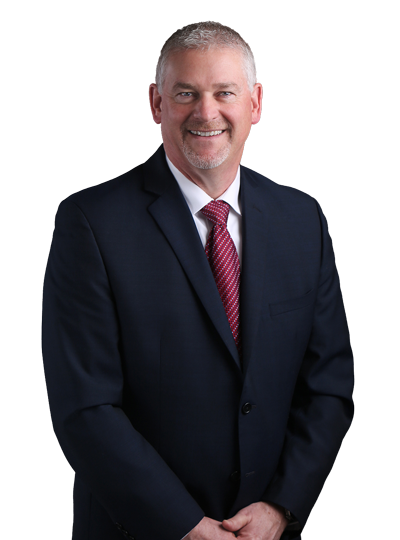
Our power supplier, Great River Energy (GRE) has began preparing its Integrated Resource Plan (IRP), which must be filed with the State of Minnesota next spring. I was invited to attend a stakeholder meeting in late August, whereby GRE laid out its plan for transitioning its power resource portfolio further away from carbon-based fuels and more into renewable resources, such as wind. Also in attendance were several environmental groups, including Fresh Energy, CURE, The Clean Grid Alliance, and more.
After outlining the plan, GRE requested input and comments from those in attendance. Although the environmental groups seemed pleased with the general move away from carbon-based fuels, many recognized that GRE is still purchasing a percentage of power from the open market, which may be from carbon-based sources. They urged GRE to stay diligent in their efforts to further reduce carbon from their portfolio.
At the conclusion of the presentation, I was invited to comment on the IRP from a member-cooperative perspective. My comments, summarized below, were intended to be direct and reflect both my views as a very engaged CEO in the industry and the views of the rural members I serve and interact with. My message was conveyed in a civil tone and appeared to be of interest and well received by the meeting attendees.
I explained that Todd-Wadena Electric Cooperative (TWEC) is a comparatively small member of GRE. We are located in central Minnesota and serve hard-working, mostly blue-collar members, who reside in highly impoverished counties. I described our members as caring most about reliable and affordable electricity. When the irrigators need to run or the cows need to be milked, our members expect that an adequate and reliable supply of electricity will be available. Our members work hard to provide for their families and generally have favored the reliable, base-load resources we have utilized in the past, i.e. coal.
I shared a certain amount of concern that our membership has expressed about renewable, intermittent resources such as wind and solar possibly being insufficient to meet our needs in the future. I also described the skepticism that has been expressed about our activist environmental groups trying to “save the planet” by handcuffing TWEC members with unreliable renewable resources, while other countries like China and India continue to build coal base-load plants at a record pace. Are we really making a meaningful difference with our carbon reduction efforts? Or are we simply hindering our ability to be competitive?
Having said the above, I shared my belief that the IRP presented by GRE makes significant changes in their power supply portfolio that should reduce our members’ risk of carbon-tax exposure and should provide an adequate hedge against future price volatility. I emphasized the future need for reliability and predicted a “rural revolt” if our new portfolio cannot meet the needs of our members. Finally, I reminded the attendees that despite their ardent passion for their cause, there are real citizens behind the scenes who are equally as fervent in their opposition.
GRE has planned its future portfolio and we now must let GRE work its plan. Additional regulations and environmental pressures are not necessary – this fact makes the portfolio transition reflected in GRE’s IRP all the more remarkable.
Daniel Carlisle
President/CEO & General Counsel

